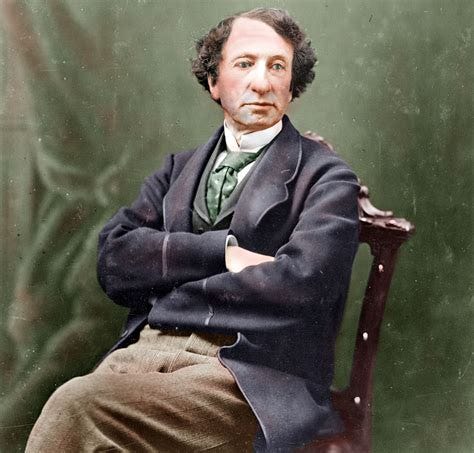Happy Canada Day to one and all!
Canada Day, formerly known as Dominion Day, is the national day of Canada. A federal statutory holiday, it celebrates the anniversary of Canadian Confederation which occurred on July 1, 1867, with the passing of the British North America Act when the three separate colonies of the United Canadas, Nova Scotia, and New Brunswick were merged into a single dominion called Canada within the British Empire.
The holiday was renamed to Canada Day in 1982, the same year that the Canada Act was passed thereby patriating the Canadian constitution and severing the last vestiges of legal dependence on the Parliament of the United Kingdom.
On this celebration of our country's founding, it is fitting to post two short essays with far different takes on the beliefs and actions of our founding father and most important Prime Minister, Sir John A. Macdonald.
According to the editors of the Canadian Encyclopedia:
More than a century and a half after the formal birth of the nation he played a lead role in creating, debate continues around Sir John A. Macdonald and his government’s approach to Indigenous people in Canada. While his name has been removed from some schools and other public institutions across the country, his defenders argue that his efforts have been misunderstood or distorted. Because of his exceptional significance as the leading Father of Confederation and Canada’s first Prime Minister, the Canadian Encyclopedia commissioned essays that provide sharply different views on this issue. Below is “A Few Facts Every Canadian should know about Sir John A. Macdonald”, by Greg Piasetzki. Please also read the companion piece “John A. Macdonald was no Friend to Indigenous Peoples ”, by Niigaan Sinclair and Sean Carleton (see below)
For what it’s worth, my position on this clash of perspectives is as follows:
Both Sinclair and Carleton are guilty of the “cherry-picking” they accuse their ideological foes of engaging in because they focus only on the “crimes” against indigenous people they speciously claim Macdonald was guilty of.
They also employ the morally and logically discredited notion of “presentism”— illogically judging past behaviour and their underlying moral codes by contemporary and possibly fleeting standards and ethics — in critiquing late 19th-century actions and their supporting beliefs. Many historians and other scholars have exposed the fallacy of introducing present-day ideas and perspectives into depictions or interpretations of the past.
A good example of presentism is their “cherry-picked” use of a House of Commons speech by Macdonald, where the Prime Minister employed the term “savage” three times to describe the lifestyles of indigenous people. This was a common term used for hundreds of years to contrast small-scale, relatively undifferentiated, pre-literate, non-hierarchical subsistence-oriented peoples with members of “civilized societies,” namely complex and stratified state-level societies characterized by urbanization, writing systems, intensive agriculture, monumental architecture, exchangeable currency, taxation, and labour specialization. The aim of the Indian Residential Schools these two authors vilify was to help Canada’s indigenous people move from “savagery” to “civilization” because their traditional livelihood hunting, gathering, and fishing strategies had been depleted by the forces of colonization, including their growing desire to acquire Western manufactured goods and services.
Words and deeds are not the same. This applies particularly to the utterances of historical figures, especially the exaggerated or ludicrous statements of politicians in political forums, because such utterances are far less important than the actions that follow or precede them. More particularly, actions speak louder than words: Macdonald’s overall positive treatment of and salubrious policies toward indigenous people, as clearly documented by Piasetzki, can neither be denied nor disputed.
As Piasetzki also shows, Sinclair and Carleton’s charge that Macdonald engaged in genocide against Canada’s indigenous people is meretricious nonsense lacking any credible empirical evidence.
As for the claim that Macdonald disavowed indigenous sovereignty and nationhood, such disavowal continues to the present day if only because Canada itself would cease to exist as a sovereign nation if this claim were widely applied and enforced.
Readers are invited to make up their own minds and urged to post their comments below.
Keep reading with a 7-day free trial
Subscribe to REAL Indigenous Report to keep reading this post and get 7 days of free access to the full post archives.




